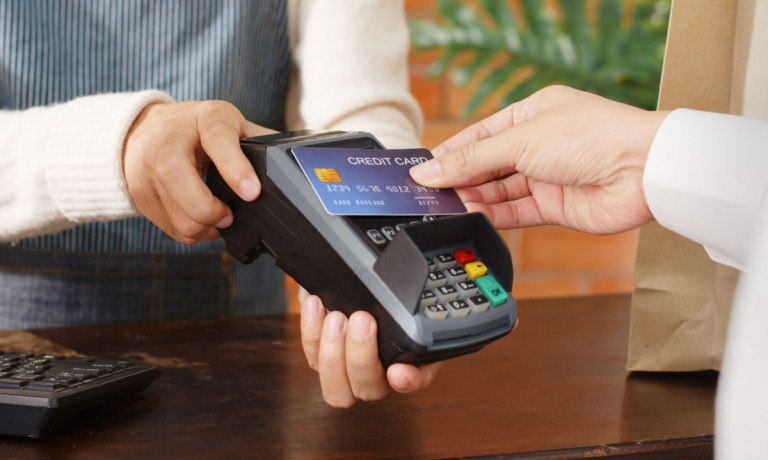Store Card Revenue Under Pressure From Late Fee Change, BNPL

Retailers’ revenue from store credit cards is reportedly facing pressure for several reasons.
These forces are impacting all retailers, but especially department stores, whose businesses face other challenges as well, CNBC reported Wednesday (April 10).
The latest change affecting store credit cards is the new federal rule that will cap credit card late fees at $8, according to the report. This rule, which is scheduled to take effect May 14, will lower those fees from the current industry average of $32.
Another trend that presents a challenge for store credit cards is buy now, pay later (BNPL), a payment method that has been growing and is especially popular among younger shoppers, the report said.
Store credit cards also face competition from credit cards that offer access to airport lounges, early purchases of concert tickets and other perks, per the report.
Like all credit cards, store cards are also a tough sell at a time when interest rates are higher, according to the report.
The challenges threaten not only retailers’ revenue from store cards but also the other benefits they generate from consumers’ use of those cards, the report said.
For retailers, store credit cards drive purchases of merchandise, provide insights into consumers’ shopping habits and advertise the merchant’s brand, since customers are handling that card and seeing the brand’s logo on it, per the report.
Retailers are dealing with these challenges in several ways. For example, Target has relaunched its loyalty program that includes a store credit card, Gap is offsetting the lower late fees with unspecified “other levers” in its credit card program, and Kohl’s is working to get consumers to switch from its store card to a co-branded Capital One card that can be used at other businesses as well.
PYMNTS Intelligence has found that both private-label and co-branded cards present merchants with an opportunity to build customer loyalty.
Nearly one-third of consumers will spend more with brands with which they have relationships, such as the one they have through a store card, according to “White-Label Credit Usage Is on the Upswing in 2023,” a PYMNTS Intelligence and Discover Global Network collaboration.